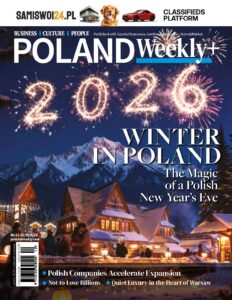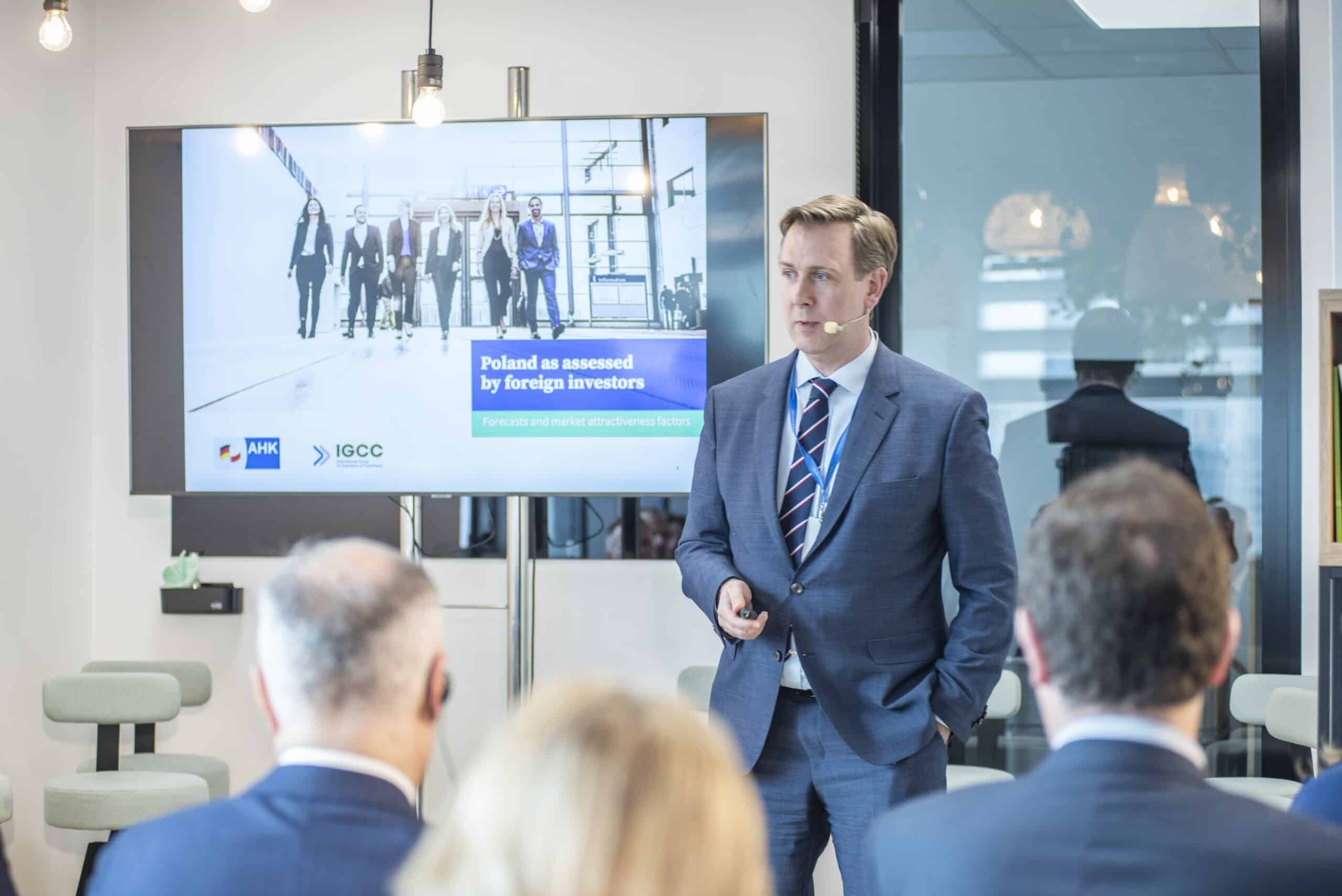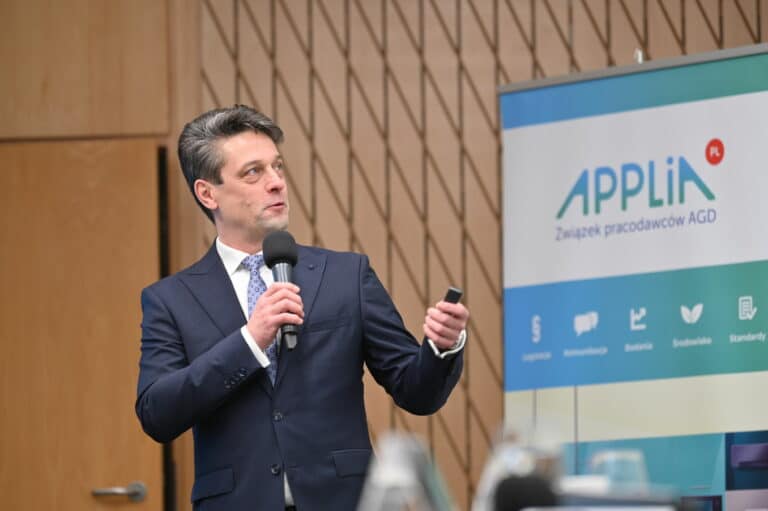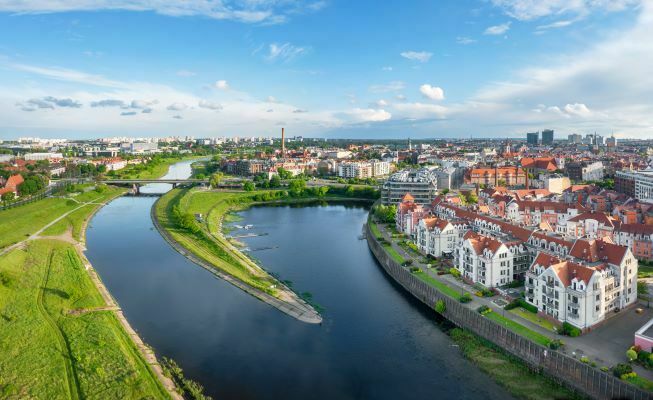Poland still most attractive investment destination
Poland ranks first as the most attractive investment location for business among the countries included in this year’s survey (Central and Eastern Europe as well as China and Russia). In addition, 92.7% of respondents would choose Poland as their place of business again.
These are the conclusions of the economic survey “Poland in the eyes of foreign investors,” conducted in March 2023 at the request of the Polish-German Chamber of Industry and Commerce (AHK Polska) and IGCC (a network of international chambers of commerce operating in Poland).
“Despite the extraordinary challenges, most enterprises were able to maintain a stable position of their companies, flexibly adapt their business models to the changing situation and even use the new conditions for development by improving their own operational processes or looking for new areas of expansion. This is a positive signal that puts Poland in first place in the ranking of the most popular investment locations in Europe,” comments Dr. Lars Gutheil, general director of AHK Polska.
Invariably, for many years, Poland’s membership in the European Union has had the greatest influence on the attractiveness of Poland as a place to do business – a total of 99.1% of positive opinions were recorded. The second place was taken by the quality and availability of local suppliers (95.5%), and the third by the qualifications of employees (93.2%). Respondents pointed to areas that hinder their activities, such as legal security, functioning of public administration and flexibility of labor law. However, the predictability of economic policy was rated worst by the respondents – 63.6% of negative comments and the tax system and tax administration. There was also a significant percentage of assessments of negative tax burdens and political and social stability of the country.
The condition of the economy in Poland was positively assessed by 66.4% of the surveyed enterprises, however, there was a significant decrease in the percentage of positive opinions compared to the previous year – by almost 6 p.p. Over 33% of respondents assessed the condition of the economy as bad, which is the worst result since 2012. This assessment is clearly related to the events of the last year. Nearly three-quarters of respondents admitted that the energy crisis, rising energy prices and inflation had negatively affected their businesses.
Entrepreneurs much more often indicated the deteriorating situation in their industry (increase of negative indications by 9 p.p.) compared to the previous year, but still the majority (52.7%) assessed it positively. However, over 36% of respondents believe that the situation of their industry will deteriorate further over the next year.
“The results of this year’s survey clearly indicate a deterioration of the macroeconomic situation, but despite the more difficult business conditions and fluctuations in forecasts, the situation of enterprises seems to be relatively stable,” adds Dr. Gutheil.
The condition of their own company was assessed by the respondents rather positively, clearly less often than in 2022 describing it as good (a decrease by 13.6 p.p.), but more often as satisfactory (an increase by 13.8 p.p.). More than half of the respondents stated that the condition of their company had not changed since last year.
Entrepreneurs look to the future with cautious optimism: as many as 8 out of 10 respondents forecast an increase or maintenance of turnover at the same level. The outlook for exports is relatively stable: almost two-thirds of those surveyed said they expected export revenues to be at the same level as last year, and one in five even expected an increase. Most companies assume that employment will remain unchanged, and as many as one in four surveyed companies expect an increase in the number of employees. Higher salaries of employees are also forecast – the average wage will increase by 9.8% on average. Every fourth enterprise intends to increase investment outlays, but in a similar percentage of companies these outlays will be reduced.
Most entrepreneurs (over 61.8%) would be happy to receive information about Poland’s accession to the eurozone, while investment decisions are made independently of EU subsidies – only every tenth entity assesses their importance in this respect as crucial or significant.
According to over four-fifths of respondents, the greatest threats over the next year will be the prices of energy and raw materials (81.8%), labor costs (67.7%), economic policy framework conditions (53.2%) and demand (52.3%).
Entrepreneurs also believe that the current situation not only affects the current conditions of doing business, but will also change the way we operate in the long term. Six in ten of those surveyed identified increased supplier diversification as a long-term international change to be expected. More than half of respondents expect the end or reduction of trade relations in some regions (57.7%) and an increase in political influence on supply chains (52.3%).







